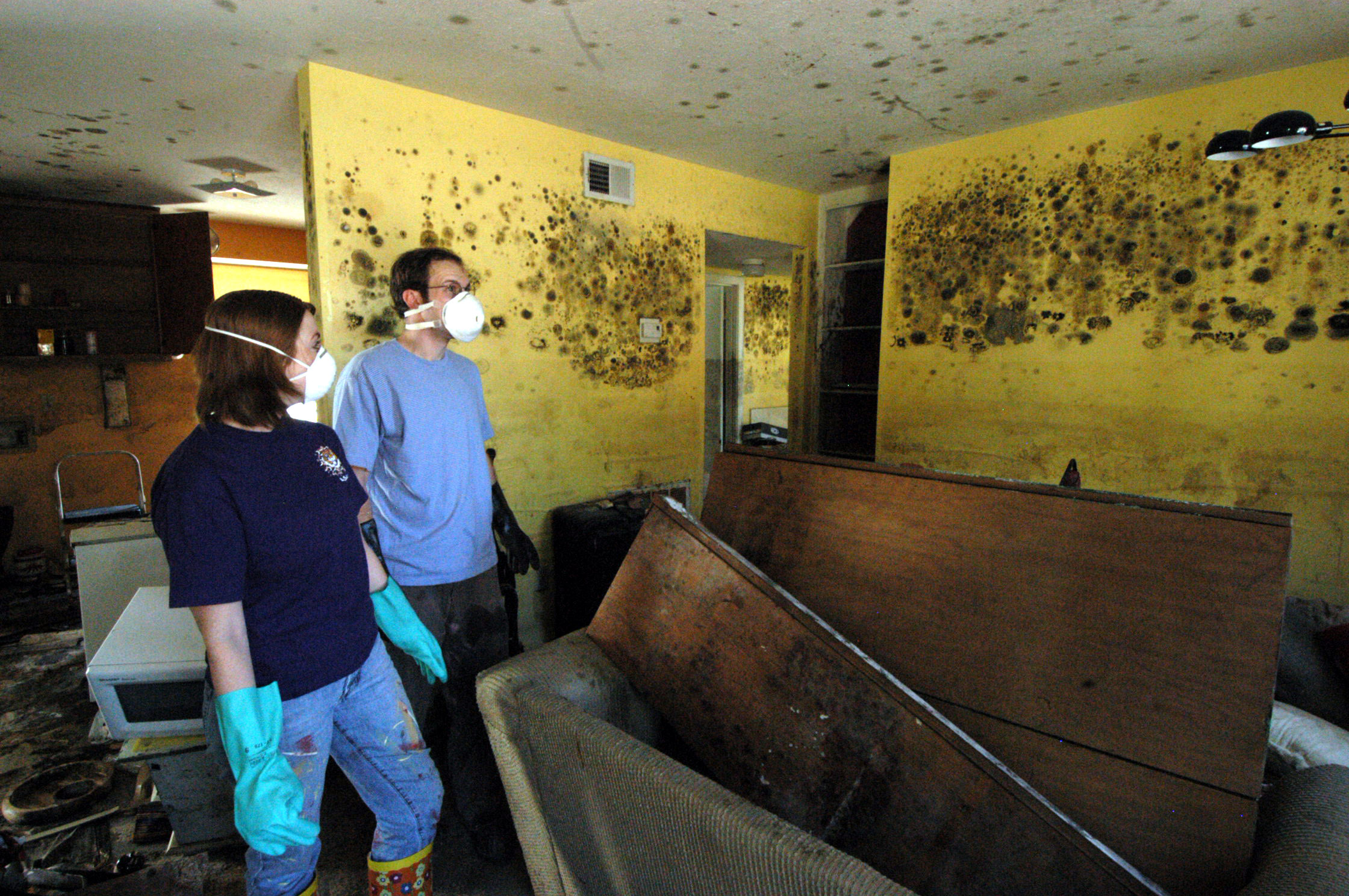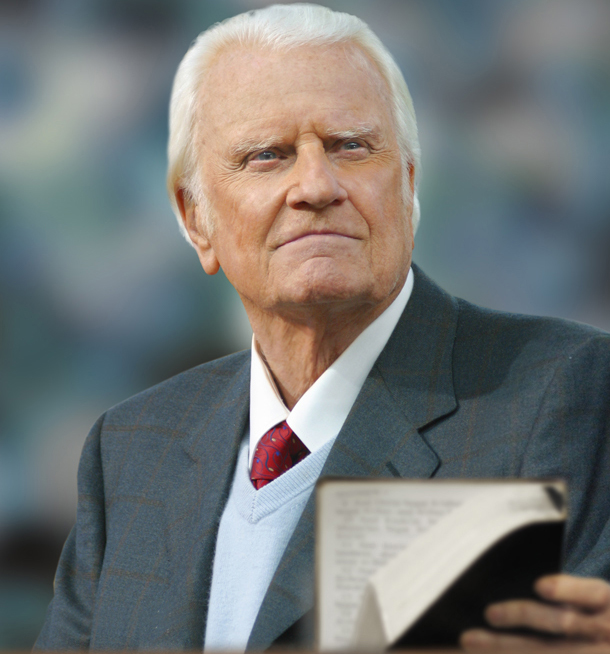
NEW ORLEANS (BP)–It’s the hardest thing he’s ever done, said Chuck Kelley, president of New Orleans Baptist Seminary.
“This is something no one could imagine. There’s no book for this, no path for this,” Kelley said after returning to the campus to help students and faculty dig through flooded houses and mud-covered possessions.
“Driving through this city is like driving through a Hollywood science fiction set,” he said.
Kelley, whose house on campus was not flooded, returned Oct. 5 when the campus first opened to faculty and students wanting to return to salvage what they could from their campus houses. He spent the next several days, dressed in a T-shirt and work pants, walking from house to house.
“I’m just walking into the homes of students and faculty and hugging on them, crying with them and praying for them,” he said.
All of the faculty houses — 40 of them — were flooded and about 45 percent of the student housing was flooded.
“But I’ve never been prouder of them,” Kelley said of the flood victims. “They’re handling this well, working to heal one another and help one another.”
About 75 percent of the 2,000 students who started classes two weeks before Hurricane Katrina hit have continued with some form of coursework.
Classes have been restructured to enable students to continue. Some classes are continuing online, while some are having intensive workshops to finish the coursework, with Kelley describing it as “probably the greatest example of innovative, creative teaching in Baptist academic history.”
The Executive Committee, acting ad interim on behalf of the Southern Baptist Convention in September, approved a funding formula freeze undergirding New Orleans Seminary. Southern Baptists’ six seminaries receive different levels of funding based on a rolling three-year average of their enrollment under a “full-time equivalent” (FTE) enrollment formula. For 2003-04 New Orleans Seminary had 1,823 students based on the FTE formula. This figure will apply to the 2006-07, 2007-08 and 2008-09 budget years to allow the seminary to recover from any loss in enrollment from Hurricane Katrina.
“The Executive Committee has already voted to freeze the Cooperative Program [funding formula] for the next three years so we will have budget stability,” Kelley said. “They also voted that we will receive 50 percent of the CP surplus at the end of the year. We’re so grateful for the support.”
The Executive Committee voted unanimously to allocate one-half of beyond-the-budget Cooperative Program contributions for SBC national causes, received for the fiscal year ending Sept. 30, to aid faculty and students in recovering from losses and to help rebuild the campus. Contributions exceeded the approved budget by $12,496,728.55. Beyond the NOBTS allocation, one-fourth was allocated to the three state conventions most affected by the hurricane (to keep ministers in the field and to assist churches in recovery) and one-fourth to the North American Mission Board (to support the extensive hurricane disaster relief operations).
Additionally, the Executive Committee voted to follow the same formula for beyond-the-budget receipts for the Cooperative Program Allocation Budget during the first quarter (October, November, December) of the new fiscal year.
“We have to continue [classes]. We have students ready for December graduation. They’re ready to get out and serve God and we’re going to see that that happens,” Kelley said.
Through permanent records, the dean of students is calling every student from temporary offices in Atlanta. Every professor also is calling every student on his or her roll.
“They’re making sure students are safe and they’re asking how we can help them finish their degrees,” Kelly said.
The seminary currently plans to reopen in January with a partial slate of on-campus classes. A full schedule — and a return to “normal” — should be offered in August 2006.
His job is difficult these days, but Kelley knows he has the prayers of thousands of Southern Baptists supporting him.
“You could say I’ve got a hard job right now. But there’s not been a single moment that I haven’t had calm and peace in my soul. That’s not a result of any spirituality on my part, that’s the result of the prayers.
“This has not stopped the work of the Kingdom of God. Southern Baptists need to know we’re thinking opportunity, not disaster.”
–30–
















